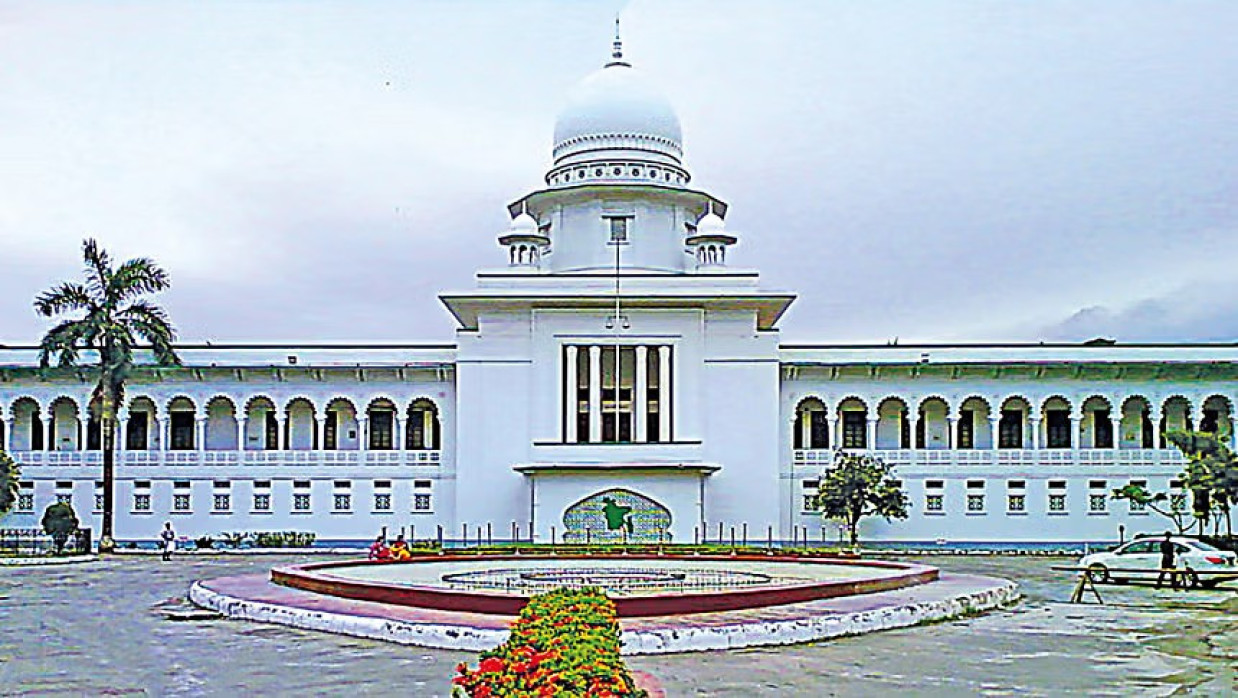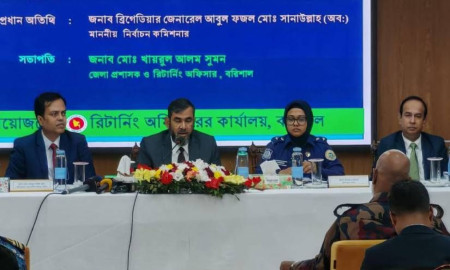The newly enacted Supreme Court Judges' Appointment Ordinance 2025 marks a potentially significant move toward a fairer and more transparent judicial appointment process in Bangladesh. This initiative comes at a time when discussions and anxieties surrounding the selection of judges for the higher courts are prevalent. Hence, the details of the Ordinance need to be carefully assessed.
First, section 3 of the Ordinance establishes the Supreme Judicial Appointment Council, a newly formed permanent body that will assist the Chief Justice to advice to the President potential names for the appointment of Supreme Court judges. This council will consist of the Chief Justice (Chairperson), the senior-most serving judge of the Appellate Division (AD), the senior-most serving judge of the High Court Division (appointed from beyond the judicial service), the senior-most serving judge of the High Court Division (HCD) appointed from the judicial service, a retired judge of the AD of the Supreme Court nominated by the Chairperson, the Attorney-General, and a law professor or legal expert nominated by Chairperson.
However, section 4 of the Ordinance creates a potential conflict of interest by making the Supreme Court Registrar General (and if he is a candidate, the next senior-most officer who is not a candidate) as the Council's ex-officio Secretary. The problem here is that the officers of the Supreme Court Registry, including the Registrar General, are often themselves potential candidates for the post of Judges of the Supreme Court. Although the provision avoids direct conflict of interest by disqualifying the candidate himself, indirect conflict may still exist as the Secretary of the Council and the candidate would work in the same office. Moreover, the Ordinance's imposition of a minimum age-limit of 45 for judges creates further problems, as Article 95 of the Constitution does not have any such age limit, and currently, there are reportedly at least ten judges in the HCD who are below 45. It is argued that the imposition of such an arbitrary age limit potentially excludes many qualified individuals who meet the constitutionally mandated experience requirements.
Additionally, the author argues that section 9 of the Ordinance introduces another significant conflict of interest concerning the appointment of senior HCD judges to the Appellate Division. The provision that favours the senior-most judge creates a situation where a member of the Supreme Judicial Appointment Council, who is also the senior-most HCD judge, can benefit directly from this rule.
Again, the simultaneous involvement of the Chief Justice in both the search committee and the final consultation process for judicial appointments potentially gives rise to another major concern regarding immense power being vested upon the Chief Justice's office. Consequently, to mitigate the risk of bias allegations and to meticulously preserve the integrity of the appointment procedure, the Chief Justice's participation could be limited to either of the two stages. Furthermore, including the Attorney-General may raise concerns about potential political qua executive influence in the council's decision-making.
It needs to be mentioned that recently, a public interest writ petition was filed with the HCD challenging the constitutional validity of sections 3, 4, 6, and 9 of the Ordinance. The petition argued that these sections are inconsistent with the Constitution. On 28 April 2025, the HCD decided to summarily dispose of the petition. The Court observed that the Ordinance is desirable for Bangladesh's national interest, particularly because the parliament is currently non-existent; it further noted that the next Parliament would have the opportunity to discuss it and that it is too early to do so. The court analogised the law with similar laws in the UK and Nepal, and distinguished its context from that of India, where the judge appointment Act was declared unconstitutional due to the long-standing "collegium system".
While intending to enhance transparency, the Ordinance may have paradoxically introduced new loopholes. It is submitted that implementing this Ordinance in its current form risks exacerbating the problems it seeks to address. As the HCD observed, more discussions on this matter can be done in the new parliament. At this historic moment when the whole nation is looking forward to seeing meaningful reforms, a carefully drafted law is imperative.
The writer is columnist, legal researcher, and a human rights activist.









